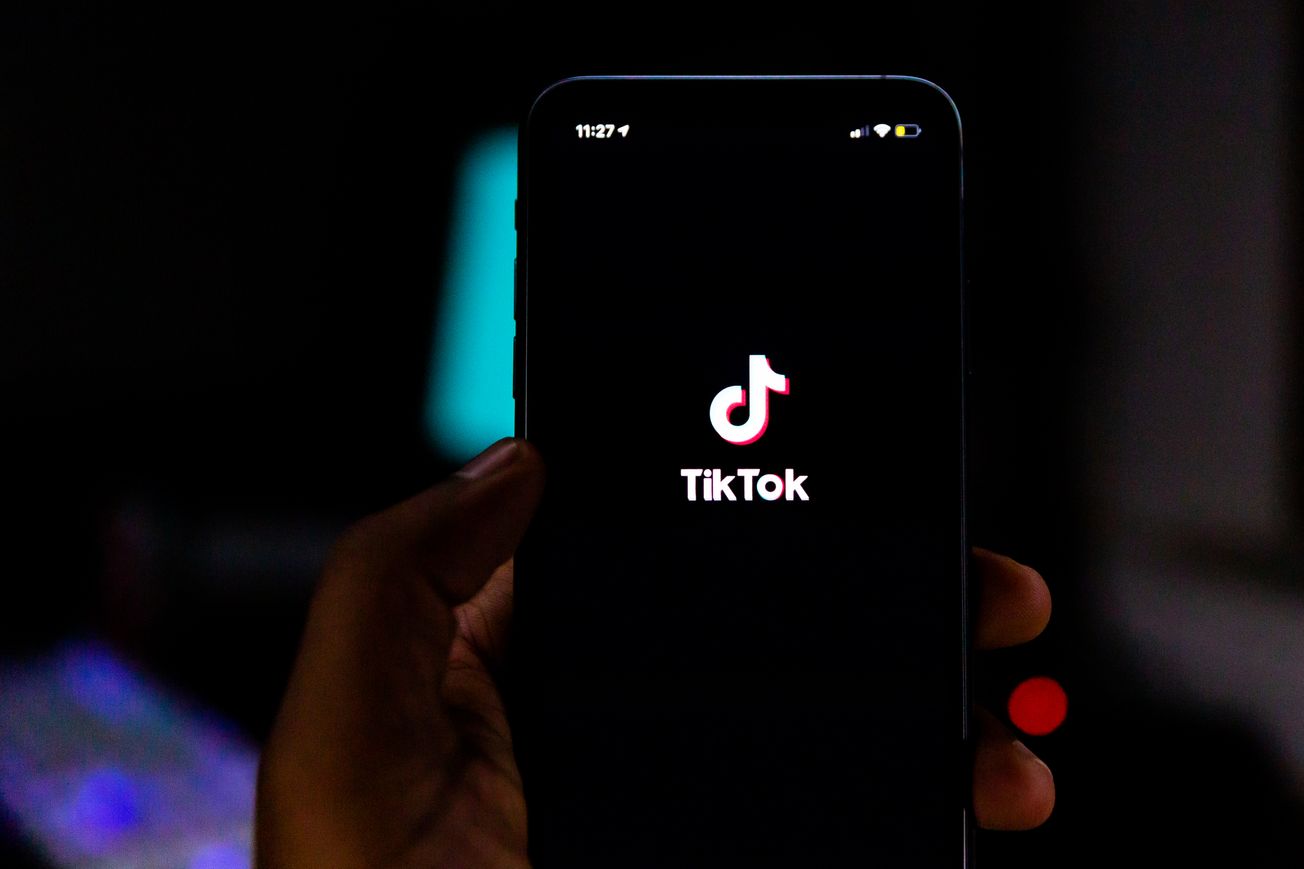By Zara Byng, Second Year Law
Content warning: This article contains discussion of disordered eating.
Body ideals and beauty standards are in constant flux as the years pass, and have long been the subject of scrutiny. But do younger Gen Z students pursue these standards to a uniquely obsessive level or face increasing pressure to fulfil these expectations? Epigram spoke to students from across the cohort to gauge their stances.
1.25 million people suffer from eating disorders in the UK, and with more and more people becoming active on social media from a young age, children as young as six years old have been diagnosed with anorexia.
When asked if he felt pressured to look a certain way, a fifth year medic explained, ‘As a man in sport, we think about our bodies a lot more – that’s a rabbit hole you don’t want to go down.’
Other fourth and fifth year students echoed the sentiment. Of those interviewed, 77 per cent of students said they were aware of the pressure but did not feel as though it affected them. Of these people, 85 per cent were involved with sporting endeavours at University, whether through societies or personal exercise. This begs the question of how healthy sport is as an outlet.
No one should have to suffer alone with an eating disorder — we know that. 💜
— Beat (@beatED) November 23, 2022
Check out our specially made services below. Together, we can save lives.👇https://t.co/pA1KALYCli
One interviewee told Epigram of their discomfort that eating disorders ‘could be passed off as living an active lifestyle.’ They found exercise to be a healthy way of relieving anxiety, but for some it risks becoming an unhealthy habit which could manifest into something worse.
A fourth year Dentistry student told Epigram that, as he grew up, he realised that ‘going to the gym, and the way my body looks is not the most important thing.’ He explained that he believes social media to be toxic, and that avoiding it has had a positive effect on his life, allowing him to create his own routines rather than following those that gain popularity on online platforms.
A strong correlative pattern emerged through conversations with students in third, fourth, and fifth year, who felt as though they had managed to avoid the negative impacts of social media at the right time. A third year Anthropology student likewise suggested that ‘younger people are exposed to social media in a way that we were not. But there is also more awareness about body positivity.’
TikTok trends such as ‘body checking’, ‘what I eat in a day’, and weight loss progress videos have faced recent criticism for promoting disordered eating amongst young audiences.
Considering whether the increased popularity of digital content catered towards body positivity was as a result of body-shaming on social media or other online platforms, she suggested that ‘a lot of body positivity seems performative.’ She emphasised that prescribed body types and beauty standards—typically slim and white—have been advertised to young women by popular media like magazines and television since long before the rise of social media.
The first and second year students with whom Epigram spoke expressed a different stance. Of those interviewed, 89 per cent said they felt a pressure for their bodies to look a certain way, largely caused by social media and influencers promoting strict, idealised, or unrealistic fitness and eating routines as the secret formula to achieving the ‘perfect body’. TikTok trends such as ‘body checking’, ‘what I eat in a day’, and weight loss progress videos have faced recent criticism for promoting disordered eating amongst young audiences.
A second year Mechanical Engineering student explained that he uses the gym to perform better in his sports team, highlighting the need to be muscularly developed. He admitted it is easy to ‘fall victim to social media traps’ that influence one’s attitudes towards their own body, and he felt that, as a younger member of the University cohort, he had been exposed to cultural attitudes and online content that had a negative impact on his body image to a more significant degree.
A first year Law student told Epigram that she avoided the gym for fear it could ‘promote unhealthy habits.’ Instead, she prefers spending time at sports societies, where there was less pressure on her to fulfil athletic body ideals.
She explained that she considered social media to be a ‘double-edged sword’: on one hand, it is easy to buy into the toxicity of the ‘perfect’ bodies promoted online. On the other, she noted that there are many more body positive content creators now than there were a few years prior.
#HelpMenGetHelp: Eating Disorders Awareness Week 2023
Diet culture and body positivity at the University of Bristol
She wondered whether the growth of the body positivity movement is a reaction to the widespread promotion of unattainable, sometimes heavily edited, body trends online. While previous years saw Instagram feeds flooded with ‘fitfluencers’ promoting dramatic fitness changes in #transformationtuesday posts, influencers renouncing online beauty standards and exposing the visual tricks behind these trends have become all the more common.
A first year History student agreed that social media had a negative impact on her self-image, and said she felt compelled to delete Instagram from time to time, as a ‘personal reminder that she did not need to look like the models [she] follows.’
Featured Image: Flickr / Solen Feyissa
If you or anyone else you know is struggling with disordered eating, organisations Beat and Seed offer advice and support.








